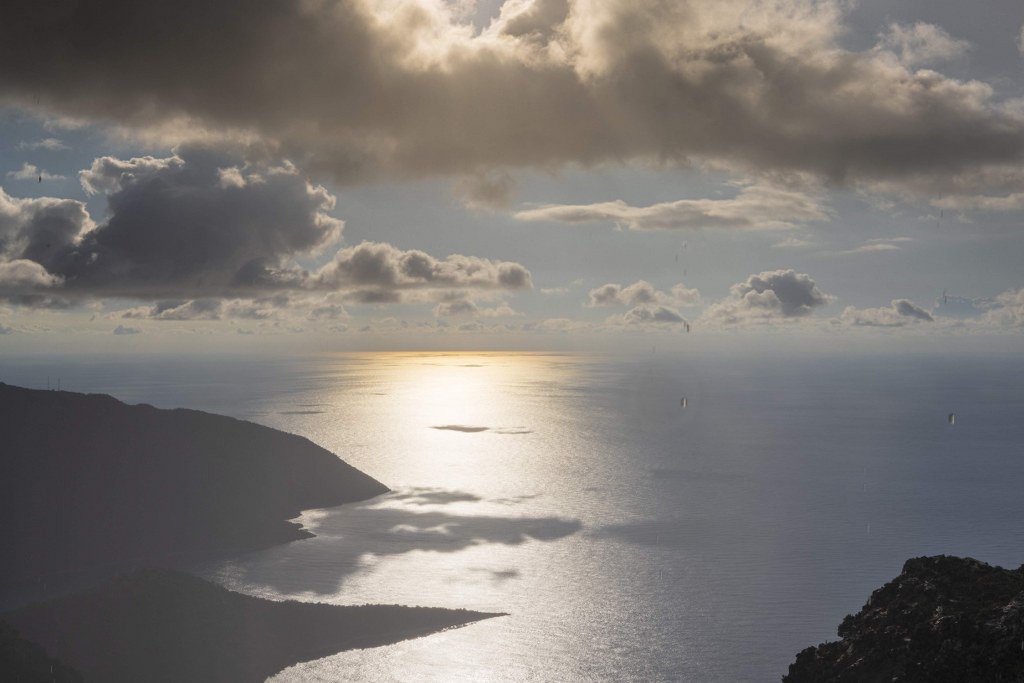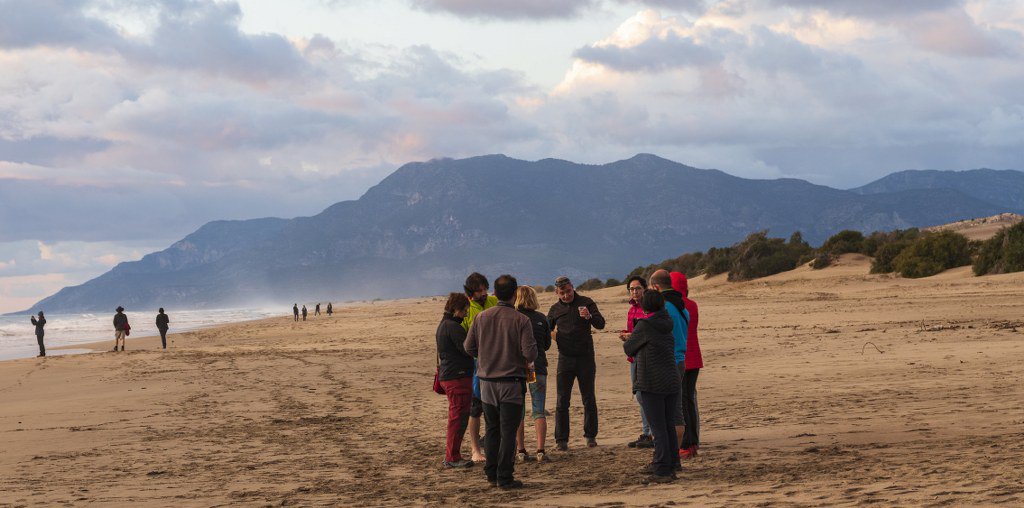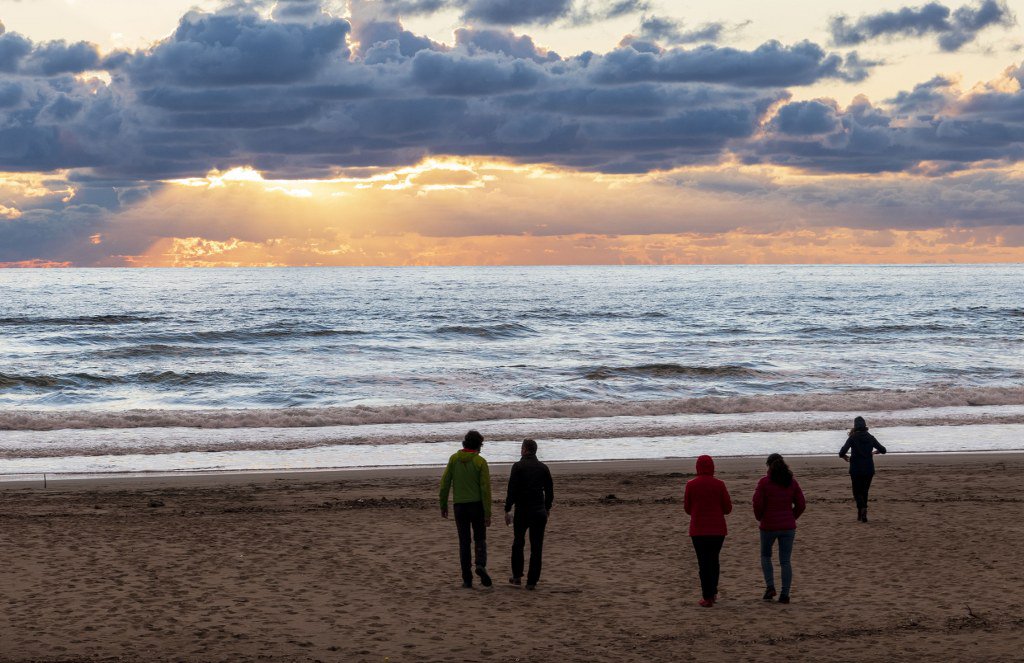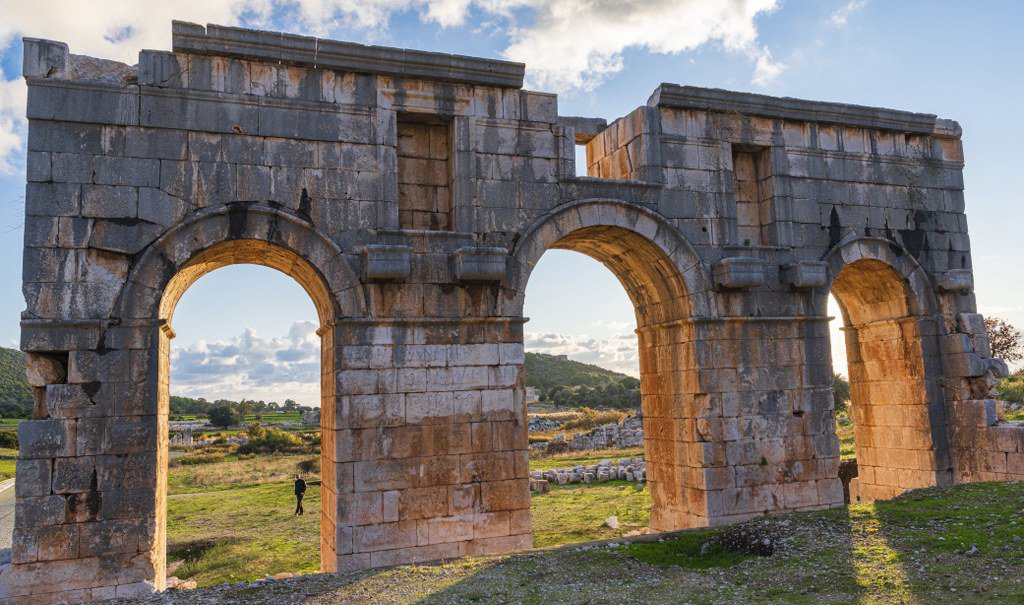Patara Sand Dunes Private Sunset Tour
 Initial region
Fethiye
Initial region
Fethiye
 Duration
1 Day
Duration
1 Day
 Language
English
Language
English
 Price
€ 390 / person
Price
€ 390 / person
Patara Sand Dunes Private Sunset Tour
Alinca
Seven Capes
Patara ruins ancient city site
Patara Sand Dunes Private Sunset Tour
We pick you from your hotel with our 4 X 4 brand new Overland Style Luxury Vehicle
We drive along beautiful lycian coast, reach Alinca Saven Capes, continue mountain trails and reach to Patara ancieny city.
We visit Bey konagi, modestus taki, palm groove, sanctury of Apollo, main street, parliement building, theatre and light house
We reach to beach and enjoy the drinks
On sunset time we drive to Sand dunes, we organise wine, cheese, tables, chairs setting on a sand dune or a hill to watch sunset.
We make drone video shoot as well
After sunset , we drive back to Fethiye ( 75 km on main road)
A private tailor made sand dune tour with overland style vehicles
We have standard vehicle option for this tour
Patara Sand Dunes Private Sunset Tour Guide
Patara Sand Dunes Private Sunset Tour Vehicle
Patara Sand Dunes Private Sunset Tour Driver
Patara Sand Dunes Private Sunset Tour Entrance fees
Patara Sand Dunes Private Sunset Tour Vine, Sunset setting, Table, chairs , aperatives
Personal expenses,
Personal drinks (you can get with you)
Other special occasions and celebrations
Graditutes
Patara Sand Dunes Private Sunset Tour
Patara (Lycian: Pttara; later renamed Arsinoe (Ἀρσινόη), was a flourishing maritime and commercial city on the south-west coast of Lycia on the Mediterranean coast of Turkey near the modern small town of Gelemiş,[1] in Antalya Province. It is the birthplace of St. Nicholas in 270 AD, who lived most of his life in the nearby town of Myra (Demre).
Patara Sand Dunes Private Sunset Tour
Geography
The site is a plain surrounded by hills and included in ancient times a large natural harbor (since silted up). On the northeast of the harbor is Tepecik Hill upon which there is a Bronze Age site. The later city is on the flanks of this hill and to the south and west.[2] The site of the oracle and temple of Apollo have not been found.
History Patara Sand Dunes Private Sunset Tour
Patara was said to have been founded by Patarus (Greek: Πάταρος), a son of Apollo.[3][1] It was situated at a distance of 60 stadia to the southeast of the mouth of the river Xanthos.[4][1] Patara was noted in antiquity for its temple and oracle of Apollo, second only to that of Delphi.[5][1] The god is often mentioned with the surname Patareus (Greek: Παταρεύς).[6] Herodotus[7] says that the oracle of Apollo was delivered by a priestess only during a certain period of the year;[1] and from Servius[8] we learn that this period was the six winter months.[1] It seems certain that Patara received Dorian settlers from Crete; and the worship of Apollo was certainly Dorian. Ancient writers mentioned Patara as one of the principal cities of Lycia.[9][1] It was Lycia's primary seaport, and a leading city of the Lycian League, having 3 votes, the maximum.
The city, with the rest of Lycia, surrendered to Alexander the Great in 333 BC. During the Wars of the Diadochi, it was occupied in turn by Antigonus and Demetrius, before finally falling to the Ptolemies. Strabo informs us that Ptolemy Philadelphus of Egypt, who enlarged the city, gave it the name of Arsinoe (Arsinoë) after Arsinoe II of Egypt, his wife and sister, but it continued to be called by its ancient name, Patara.[1] Antiochus III captured Patara in 196 BC. The Rhodians occupied the city, and as a Roman ally, the city with the rest of Lycia was granted its freedom in 167 BC. In 88 BC, the city suffered siege by Mithridates IV, king of Pontus and was captured by Brutus and Cassius, during their campaign against Mark Antony and Augustus. It was spared the massacres that were inflicted on nearby Xanthos. Patara was formally annexed by the Roman Empire in 43 AD and attached to Pamphylia. Patara Sand Dunes Private Sunset Tour
Patara is mentioned in the New Testament[10] as the place where Paul of Tarsus and Luke changed ships. The city was Christianized early, and several early bishops are known;
Methodius, dubious, more probably bishop of Olympus
Eudemus, present at the Council of Nicaea (325)
Eutychianus, at the Council of Seleucia (359)
Eudemus, at the Council of Constantinople (381)
Cyrinus, at the Council of Chalcedon (451)
Licinius, at the Council of Constantinople (536)
Theodulus, at the Council of Constantinople (879-880)
Nicholas of Myra was born at Patara around March 15, 270 AD.
Patara Sand Dunes Private Sunset Tour
Patara is mentioned among the Lycian bishoprics in the Acts of Councils The Notitiae Episcopatuum mention it among the suffragans of Myra as late as the thirteenth century.[
Patara Sand Dunes Private Sunset Tour
The city remained of some importance during the Byzantine Empire as a way-point for trade and pilgrims. After the Seljuk Sultanate of Rum acquisition in 1211 the city declined and appears to have been deserted by 1340.
Patara Sand Dunes Private Sunset Tour
With the demise of the bishopric as a residential see, Patara became a titular see and is included as in the Catholic Church's list of such sees
Patara Sand Dunes Private Sunset Tour
Ruins
The name Patara is still attached to the numerous ruins of the city. These, according to the survey of Capt. Francis Beaufort, are situated on the sea-shore, a little to the eastward of the river Xanthus, and consist of a theatre excavated in the northern side of a small hill (Kurşunlu Hill[2]), a ruined temple on the side of the same hill, and a deep circular pit, of singular appearance, which may have been the seat of the oracle. The town walls surrounded an area of considerable extent; they may easily be traced, as well as the situation of a castle which commanded the harbour, and of several towers which flanked the walls. On the outside of the walls there is a multitude of stone sarcophagi, most of them bearing inscriptions, but all open and empty; and within the walls, temples, altars, pedestals, and fragments of sculpture appear in profusion, but ruined and mutilated. The situation of the harbour is still apparent, but it is a swamp, choked up with sand and bushes. The theatre was built in the reign of Antoninus Pius; its diameter is 265 feet, and has about 30 rows of seats.There are also ruins of thermae, which, according to an inscription upon them, were built by Vespasian.
Patara Sand Dunes Private Sunset Tour
Possibly the oldest lighthouse in the world, Patara Lighthouse, was built in 60 AD.
Excavation history
In 1993 a Roman milestone was unearthed at Patara, the Stadiasmus Patarensis. It is a monumental pillar on which is inscribed in Greek a dedication to Claudius and an official announcement of roads being built by the governor, Quintus Veranius Nepos, in the province of Lycia et Pamphylia, giving place names and distances, essentially a monumental public itinerarium.The pillar is on display in the garden of the Antalya Museum.
The site is currently being excavated during two summer months each year by a team of Turkish archaeologists. At the end of 2007, all the sand had been cleared from the theatre and some other buildings, and the columns on the main street had been partially re-erected (with facsimile capitals). The excavations have revealed masonry in remarkable condition.
In May 2020, a 1,900-year-old statue of a woman was discovered in Patara In October 2020, a 2,400-year-old kitchen and a "women's room", with mirrors, ornaments and fragrance pots, were found at Patara.[20] In October 2020, archaeologists led by archaeologist Mustafa Koçak announced the discovery of 2,000-year-old cylindrical ancient Greek snake altar in well condition. Researchers thought that the altar was used for the religious and funerary purposes. The altar engraved with a coiled snake with Greek letters Patara Sand Dunes Private Sunset Tour
Tour Price:
With Brand New Jeep or Overland Travel Vehicles
425 € up to 3 person per trip
125 € pp 4+
Standard Tour with Mercedes Vito Style Vehicle 325 € per day up to 4 person
100 € pp over 4+ person
PATARA VIDEO








